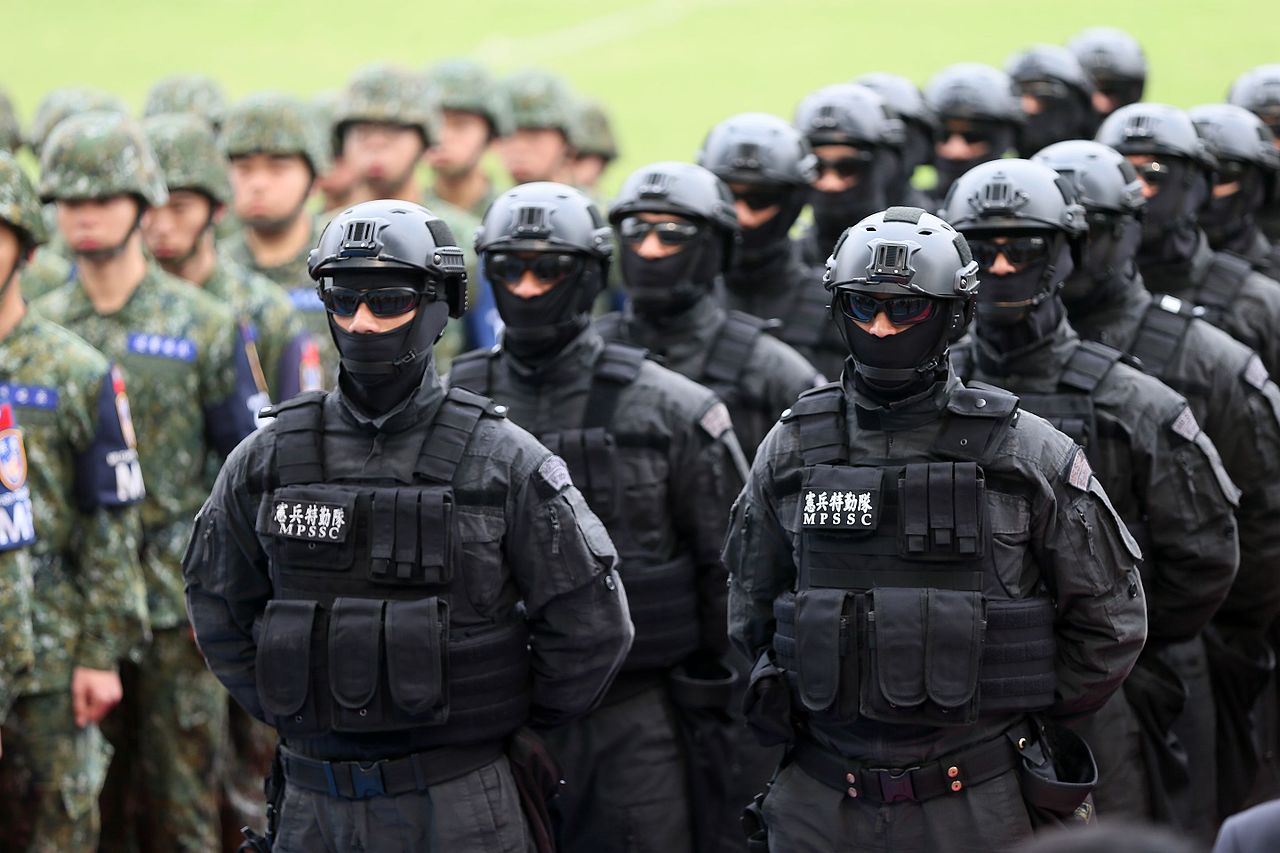Home » 2019 forecast: instability in the US-China-Taiwan trilateral
2019 forecast: instability in the US-China-Taiwan trilateral

The domestic political transformation underway in Taiwan is once again changing the dynamics of Taiwan-US-China trilateral relationship. The pro-independence Democratic Progressive Party (DPP), which saw a resurgence in 2016, is now facing a wave of political disillusionment due to its failure to deliver campaign promises. Its defeat in the “mid-term elections” has propelled the comeback of the Kuomintang Party (KMT), which now seeks to revive cross-strait engagement with China.
The KMT believes this is the quickest way to improve Taiwan’s stalling economy and regain popular support in the 2020 General Elections. China makes up 40% of Taiwan’s trade profile and Beijing has targeted the island with sanctions and diplomatic attacks in retaliation to DPP policies. But the KMT will be cautious about aligning too closely with Beijing on economic issues that threaten Taiwan’s democracy and de facto independence, given the lasting experience of the politically humbling 2014 Sunflower Movement.
For Washington, the DPP’s defeat is both a boon and a bane. On the one hand, Washington has been wary of the rise of ‘deep Greens’ (radical pro-independent supporters) and President Tsai Ing-Wen’s non-acceptance of the ‘1992 Consensus’, which exacerbated China’s suspicions and aggressive activities across the strait. The DPP’s defeat may thus encourage the party to act more prudently in its approach to cross-strait policy in the year ahead. On the other hand, the White House is opposed to Taiwan’s potential drift to Beijing under the KMT’s majority rule in the city and county level.
To overcome these challenges, the US has stated it “look[s] forward to working with our counterparts — new and old,” a sign of its willingness to cooperate with the KMT and pre-empt its realignment with China. Given Tsai’s hold on the presidency, this nebulous statement has facilitated ongoing US-Taiwan military relations and provided Washington an avenue to send Navy ships through the Taiwan Strait to caution Beijing from misinterpreting Taiwan’s mid-terms election results.
However, Beijing seems to believe the upcoming Asia Reassurance Initiative Act, which reinforces US commitment to Taiwan, will violate “the one-China policy and three China-US joint communiqués” despite the bill’s reassurance to “counter efforts to change the status quo.” Expect China to retaliate against further US initiatives with greater diplomatic and military pressure on Taiwan.
Tommy is a member of the East and South East Asia team. He covers strategic and crisis developments pertaining to the use of force, with a concentration on flashpoints in East Asia.

